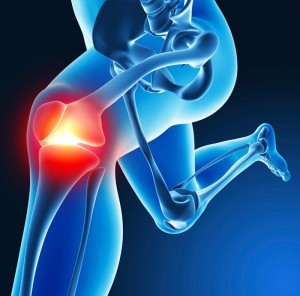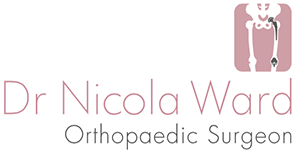 Arthritis
Arthritis
Osteoarthritis occurs when your knee cartilage cannot withstand the stress it is exposed to. Many factors contribute to osteoarthritis of the knee including:
- abnormal stress — for example, a joint carrying too much weight or one that is not in correct alignment after an injury
- abnormal cartilage — for example, changes due to ageing, fractures that extend into the joint, or inflammatory disease
Treatment
All non-operative treatment options should be exhausted before you consider knee surgery.
- Pain relieving tablets
- paracetamol and anti-inflammatory tablets
- please discuss this with your GP to find out what is safe for you
- Braces can reduce the load on the affected parts of your knee
- shoe inserts can also help offload arthritic knees
- Physiotherapy for muscle strengthening and gait improvement if required
- Dr Ward can you refer you to a specialised knee arthritis physiotherapy program
- Injections into the joint can be helpful in some instances
- Dr Ward can do this for you in her consulting rooms
Surgery is the definitive management for arthritis of the knee, but these measures may delay the need for surgery.
Knee replacement
Many arthritic knees require replacement. This can be a full or partial knee replacement, depending on where the joint is worn. A knee replacement is a big operation and is not risk free. Dr Ward will discuss the benefits and risks of knee replacement with you during your consultation. All going well your knee replacement will function well for upwards of 25 years.
Revision knee replacement
A knee replacement may need revising (re-doing) after a period of time. This is usually a bigger operation than the initial procedure, depending on what exactly needs to be changed. Dr Ward will discuss the needs of your knee with you when you meet.
Injury
Injury to your knee causing meniscus, cartilage or ligament damage may require surgical intervention. Usually an MRI scan will be performed to assess the structures involved and the best treatment for them.
Arthroscopy
A knee arthroscopy is a common procedure that involves two small incisions at the front of your knee. A camera is then used to visualise the knee joint.
During this operation a number of things can be done to address different parts of the knee. The cartilage (shiny covering of the bone ends) and meniscus (C-shaped shock absorber between the bones) can be debrided (trimmed) if they have loose torn parts or repaired.
Ligament reconstruction
The ligaments of the knee may or may not need surgery if they are injured. Dr Ward will examine your knee and use the MRI scan to decide whether or not you should have an operation.
